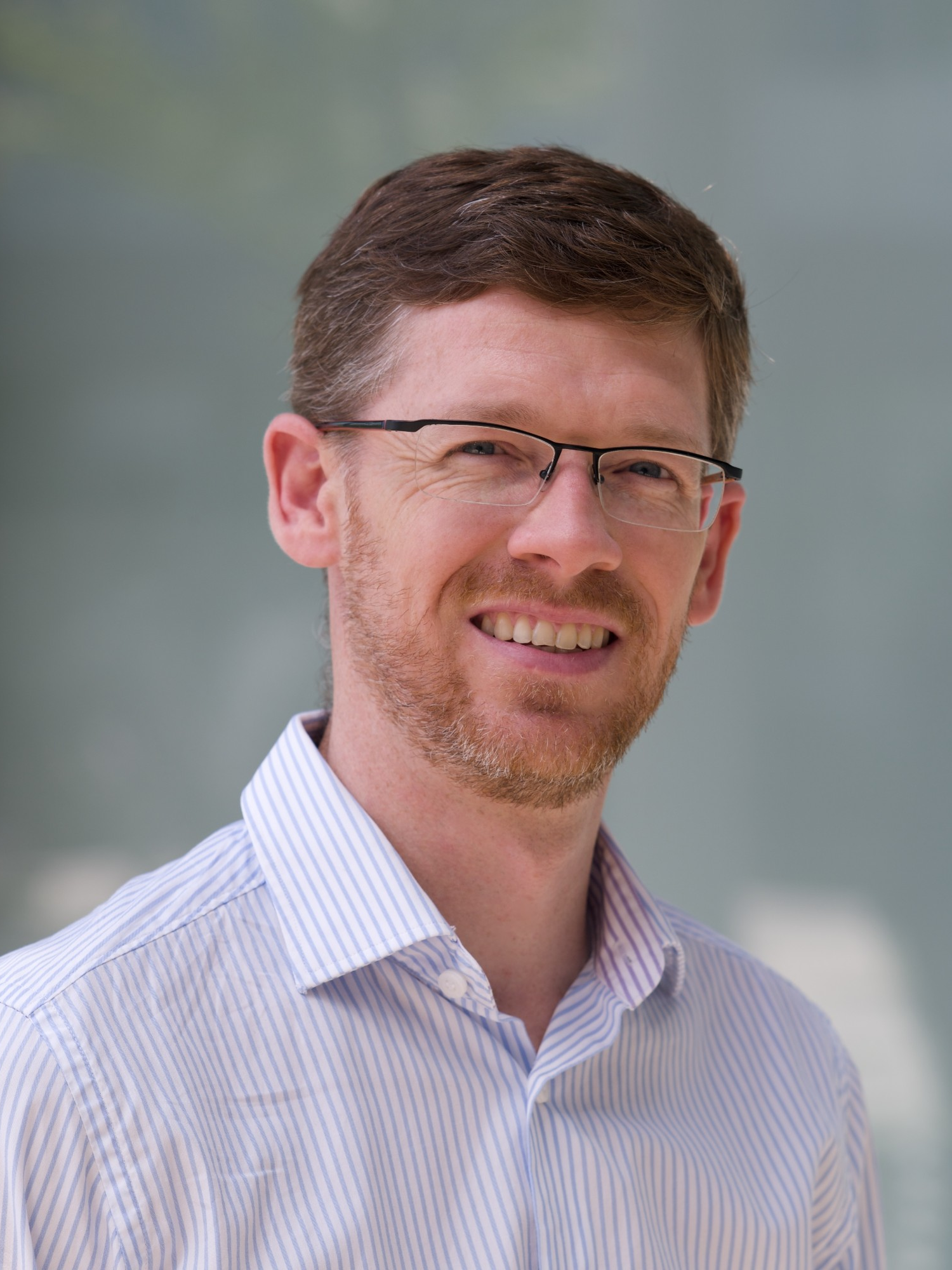- Graduate
- Undergraduate
- Research
- News & events
- About us
- Student Commons
- Contact us
- Somers Research Group
- Faculty and Staff Resources
- Next Steps
- Incoming Students
- Spring 2020 Convocation
- The Roundtable
- Conversion Therapy Survey
- Fall 2020 Convocation
- RESET Team
- Spring 2021 Convocation
- Planetary Health Research Group
- The Breathe Project
Mark Brockman
Professor

Mark Brockman
Professor
- mark_brockman@sfu.ca
- 1 778 782-3341
- www.sfu.ca/brockmanbrummelabs.html
- BLU 11702
Areas of interest
Virology, T-cell immunology, pathogenesis, HIV vaccines & immune-based therapies
Education
- BA, Beloit College, Wisconsin, USA
- PhD, Harvard University
Biography
Dr. Mark Brockman received his PhD in Virology from Harvard University in 2001. He completed postdoctoral training at Harvard Medical School and the Massachusetts General Hospital. In 2007, he was appointed as Instructor in Medicine at Harvard Medical School. Dr. Brockman arrived at SFU in September 2009 as Associate Professor in the Department of Molecular Biology and Biochemistry, and he joined the Faculty of Health Sciences in September 2011.
Dr. Brockman is also an active member of the Canadian HIV Cure Enterprise (CanCURE).
Research interests
The Brockman laboratory uses molecular and cellular biology approaches to investigate questions at the interface of virology, pathogenesis, and the host immune response to human immunodeficiency virus (HIV). Current studies focus on understanding the impact of HIV immune escape mutations on cytotoxic T lymphocyte (CTL) recognition and on viral protein function; measuring the ability of T cell receptors (TCR) to recognize HIV-infected cell targets; and assessing the relevance of viral tropism and cellular compartmentalization on disease progression. The laboratory has developed in vitro strategies to examine HIV protein function and host T cell activity, allowing unique population-level analyses of this epidemic that may assist in the development of a vaccine against HIV/AIDS.
Dr. Brockman has published a career total of 42 peer-reviewed manuscripts in the fields of Virology and Immunology.
Courses
Spring 2025
Future courses may be subject to change.


T I L